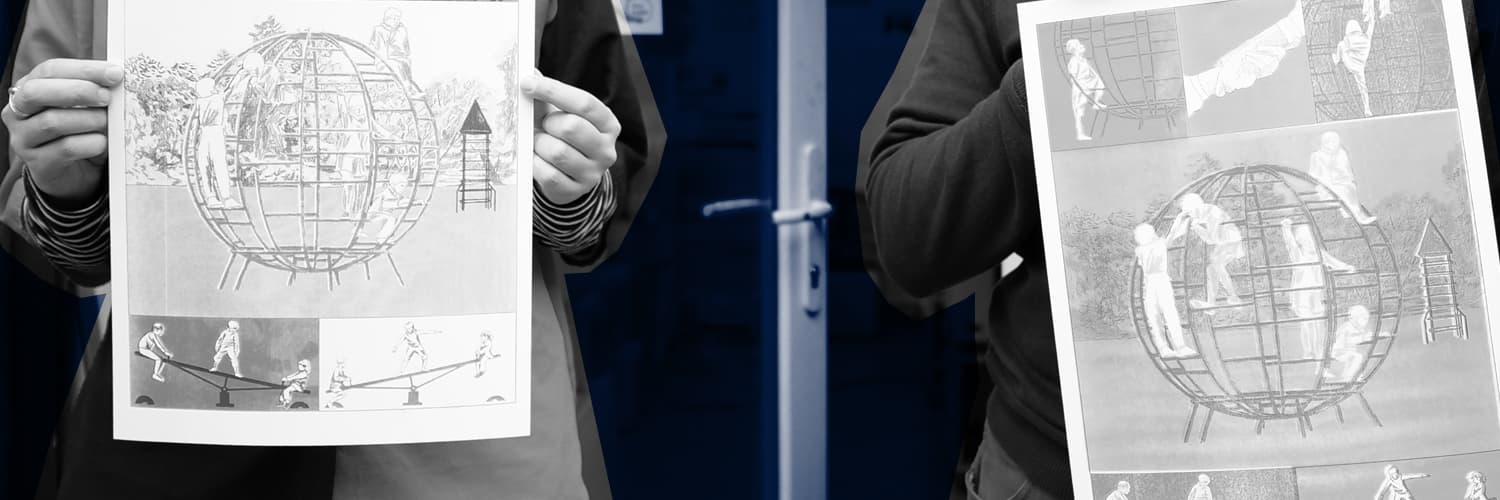Rule of Law

The rule of law means no one is above the law: a government minister, a police officer or a mayor are all required to follow the same rules as you are. Under the rule of law, even a democratically elected government must abide by certain rules and judges, ombudspersons, non-governmental organisations and journalists defend against the government’s abuse of power.
-
-
Where assembly is a crime: charges brought against the organizer of Pécs Pride
-
Hungarian CSOs contribute to the European Commission’s 2026 Rule of Law Report
-
Civil society warns of continued discrimination in minority voting rights ahead of 2026 elections
-
Threat Assessment of the 2026 Hungarian Parliamentary Elections
-
The case of the Hungarian National Election Commission
-
Same Old, Same Old: Current State of Danger Rules Continue to Undermine the Rule of Law in Hungary
-
Hungarian CSOs contribute to the European Commission’s 2026 Rule of Law Report
-
Civil society warns of continued discrimination in minority voting rights ahead of 2026 elections
-
Reports to the UN Human Rights Committee
-
Threat Assessment of the 2026 Hungarian Parliamentary Elections
-
The case of the Hungarian National Election Commission
-
Attempts to Silence Judicial Dissent: The cases of Judge András Kovács and X, a senior scientific advisor at the Kúria
-
Hungary: Banning LGBTI march for “resembling Budapest Pride” a deeply disturbing development
-
Court of Justice of the European Union: the gender of trans people in national registers must be corrected
-
Unlawfully fencing off Hungarian PM’s office from Telex journalists: court rules in favour of press freedom
-
Courageous civilian defies scaremongering accusation during COVID-19
-
Government apologizes and pays compensation to the Hungarian Helsinki Committee
-
Workers’ empowerment through the lens of the Charter (2024-2025)
-
Grant under the EEFV Fund of the Department of Foreign Affairs of Ireland (2024-2025)
-
Supporting Civil Society Efforts in Strengthening the Rule of Law (2024-2025)
-
Central Europe – Building Resilience in Civil Society (CEBRICS) / Capacity-building project II. (2024-2025)
-
COMPASS Project (2023-2025)
-
Energizing the rule of law in Hungary (2023-2025)
-
Cooperation with EIN in project “Protecting Freedom of Expression by Supporting ECtHR Implementation” (2023-2025)
-
RED-SPINEL – Responding to Emerging Dissensus. SuPranational Instruments and Norms of European Democracy (2022-2025)
Related Helsinki Files
Thematic collection of related articles
Under the rule of law, you can always find out what the government is doing and why. If you do not agree, you can freely and publicly express your opinion. Under the rule of law, people live in security; knowing exactly what the state expects from them and what they can expect from the state.
Where there is no rule of law, those who dare to criticise the government can be fired from their job, face punishment, abuse or even prison. Where there is no rule of law, a doctor cannot openly point out that the walls of her hospital are crumbling, or that there are not enough bandages or nurses. Without the rule of law, corruption runs rampant, and those with ties to the powerful are placed in well-paid positions instead of talented, qualified people. Where there is no rule of law, police, judges and journalists act on the political orders of the government rather than based on their own professional and moral compass. Where there is no rule of law, workers and the poor live at the mercy of the powerful. Where there is no rule of law, fear and uncertainty reign, and there is no one to protect those who are in trouble or suffering injustice.
You can help, too
Support our work!
-
Donate online
Thank you for supporting our work!
-
Bank transfer
Bank account number and bank IDs
-
Dedicate 1% of your taxes to protect human rights
Our Tax Number: 19013983-1-42
-
Branded products
Boldly wear your values!
-
Corporate sponsorship
Offering support through a product or service
-
Donate your free time
Have you ever considered donating your free time?